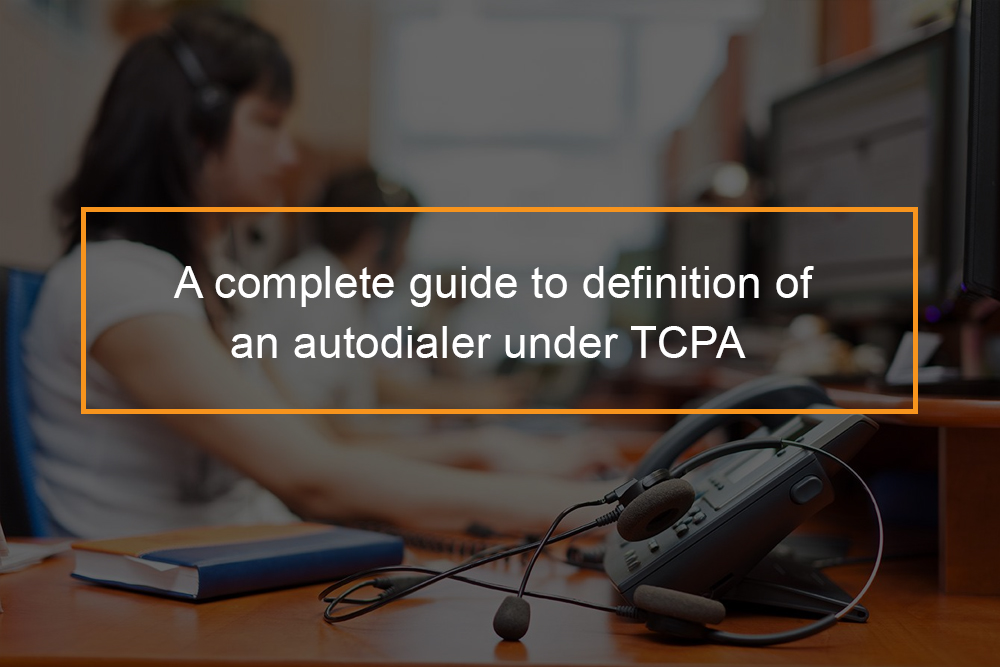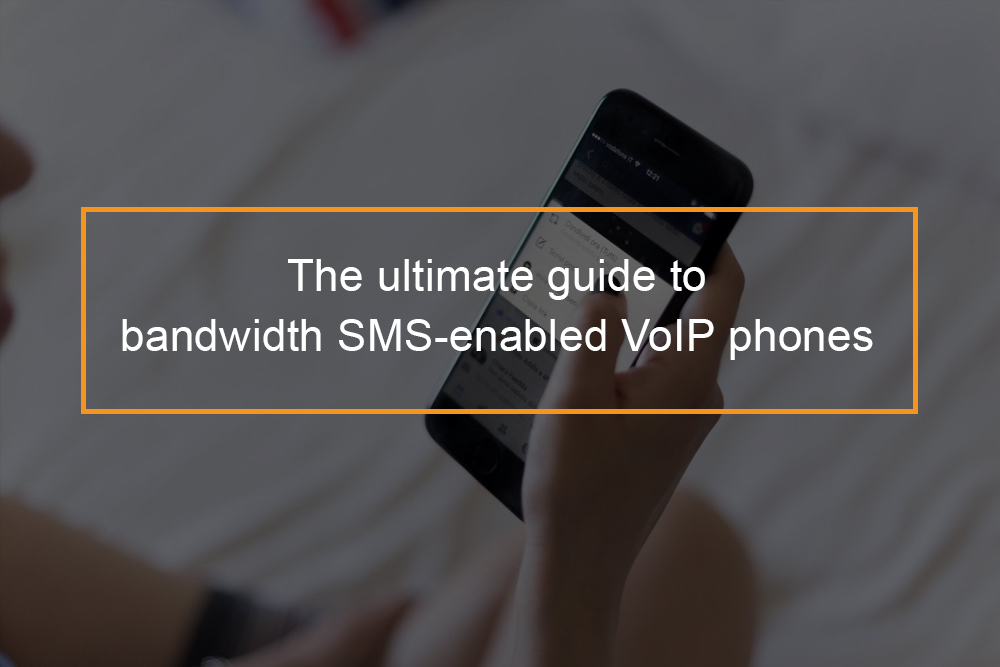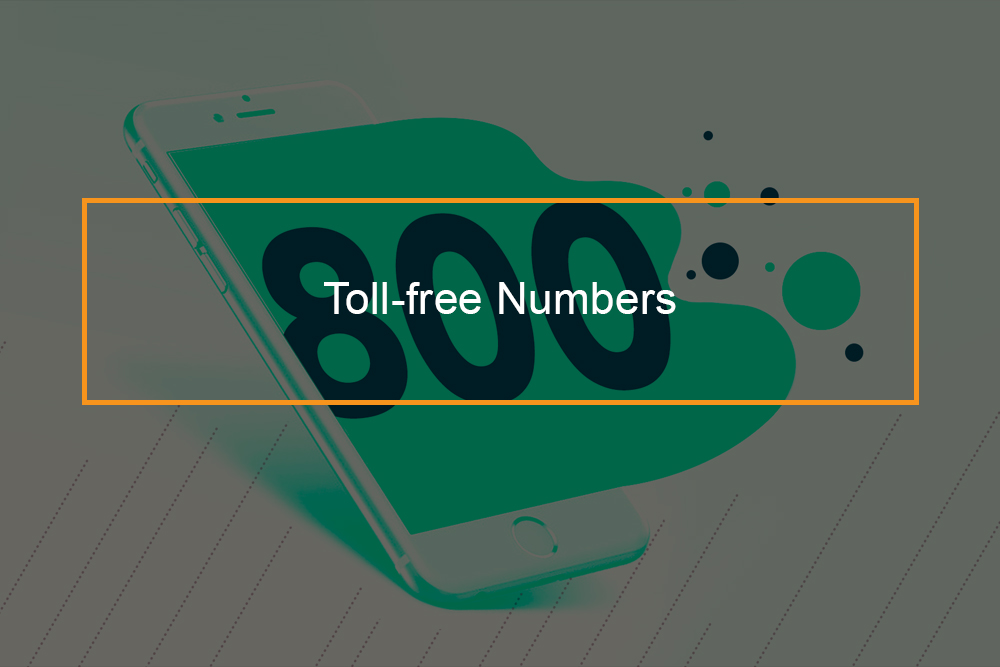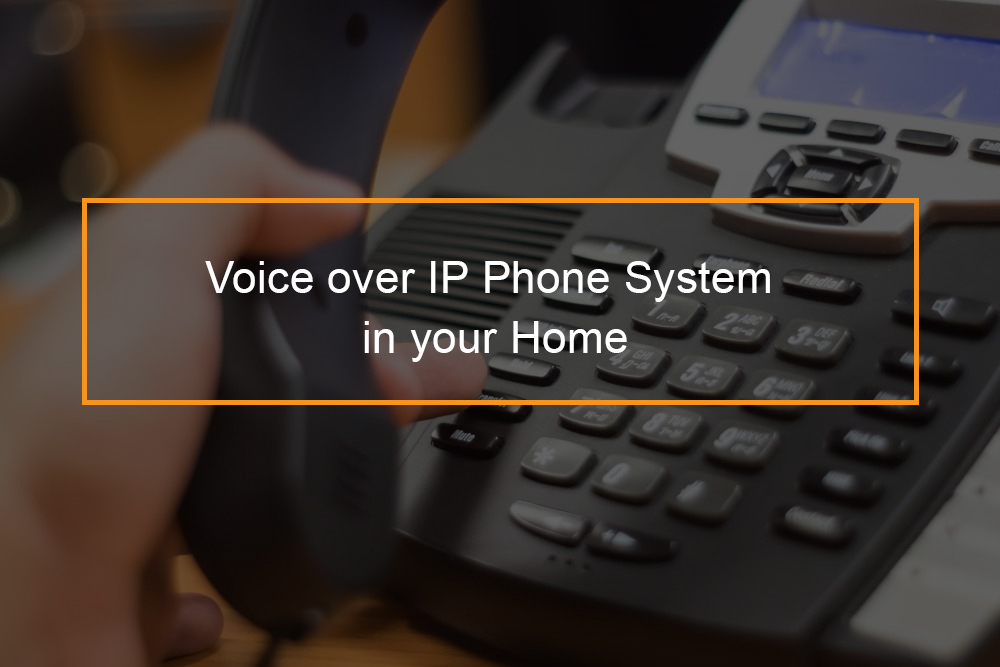
Under the TCPA, an autodialer is any device with the capacity to store and produce telephone numbers that are random or sequentially generated. Typically the capacity to dial stored phone numbers can qualify as an ATDS (automatic dialing system).
The dc circuit concluded in 2015 that the Federal Communications Commission adopted an overly expansive view of this definition. In its 2015 declaratory ruling, the FCC defined a piece of equipment as an autodialer if it had the potential capacity to dial random or sequential numbers.
In 2015 FCC chairman Pai regarded the issue of ATDS definition as overbroad and over-inclusive. He then positioned that in case a piece of equipment cannot store or produce telephone numbers and cannot be used in generating random or sequential numbers, then, it does not meet the statutory definition. Pai believed that the statutory definition of autodialer was limited to the present equipment capacity, not to its potential capacity.
The definition of ATDS under the TCPA rules and regulations
The definition of an autodialer under the TCPA
One of the main aspects of contention regarding how companies can keep themselves complaint would be predictive dialers and autodialer definition. The current and future definition of autodialer remains a hot issue for companies placing calls and texts. Last year, D.C struck down the FCC atds definition in ACA intl v. FCC. Since then, courts have diverged in approaches to interpreting atds.
In this section, we look at relevant details of the court’s decision in ACA International and prior statements of FCC chairman Pai regarding autodialer definition.
Federal Communications Commission declaratory ruling and order on auto dialers
In the aspect of the diverging views of what courts consider to be autodialer as defined by the Telephone Consumer Protection Act TCPA, below are some of the competing interpretations of this key definitional component of the law.
In its 2015 declaratory ruling and order, the Federal Communications Commission determined that the statutory definition of dialing equipment’s capacity should be limited to the equipment’s present capacity; however, instead should be viewed as a function of the equipment’s possible functionalities. When industry participants challenged the order, the D.C Circuit split the Federal Communications Commission’s broad definition of ATDS.
The Ninth Circuit definition of an atds (autodialer)
The Ninth Circuit panel double-downed on with their declaratory ruling, which is relevant to a more expansive definition of an autodialer. According to the Ninth Circuit, any device that can dial stored telephone numbers, whether or not a random or sequential number generator generated the numbers, is still regarded as an autodialer or automatic telephone dialing system atds.
The second and the third circuit have both narrowly interpreted the definition of an atds. In 2018, the third circuit held in light of aca international that the atds should be interpreted as oit was before 2015 order, limiting atds to an equipment with present capacity to function as an autodialer. But then, in September 2019, the Sixth Circuit Court of Appeal held the 2003 and 2008 predictive dialer rulings as defunct. The court held that the TCPA’s atds definitions requires random or sequential number generation. Just after the ninth circuit the FCC started seeking comments from the public on the scope of atds definitions.
Typically companies are advised to be more watchful when it comes to interpreting the definition of an autodialer. Whereas the Ninth Circuits adoption of atds expansive definition is at odds with DC circuit, it still can be reversed in the higher courts or might be clarified further in the future. Your existing call center software’s dialing feature may yet fall under what FCCs interpretation defines as an autodialer under the TCPA regulations. You can find that your company is committing illegal robocalls without realizing it.
How does TCPA dialer work?
TCPA dialer is an essential aspect of a contact center. As a contact center, you need to take control of your TCPA compliance. To do so, use risk management, intelligent technology, and human intervention.
While it is significant to stay compliant, you also need to maintain your contact center’s efficiency and productivity. Most of cloud TCPA compliance solutions are either slowing productivity, cumbersome and limiting output, or so lightweight that they do not reliably facilitate compliance.
What is The Telephone Consumer Protection Act (TCPA)?
What is TCPA rule?
The Telephone Consumer Protection Act (TCPA) is a federal regulation signed into law to control the growing trend of unwanted telemarketing calls to customers.
TCPA was signed in 1991 and strived for unwanted solicitations, particularly telemarketing, with the use of automated dialers and automated phone equipment. It limits the use of robocalls, voice messages, fax, and SMS by advertisers and marketers, mainly on the grounds of selling goods and services. Modifications have been made to the TCPA since 1991, which includes the creation of TCPA safe harbor and reassigned phone number database by the Federal Communications Commission.
The TCPA regulation emphasizes that without explicit customer consent, a company must stringently follow prescribed solicitation regulations for contact center compliance. Client consent is the fundamental part of the law, and every business that directly communicates with consumers should center on it.
What does TCPA prohibit? TCPA Autodialer Restrictions
Explicitly, this regulation is prohibiting contact with consumers, not unless your company has prior express consent. This applies to robocalls, telemarketing, faxes, text messages, and pre-recorded calls. There are intricacies to the law that your business might want to be familiar with things like:
- There are still cases where a phone service company automatically dials calls or where a dialer is allowed to send text messages to wireless telephones even without consumer consent. This is only relevant to alerts and notifications about possible fraud or important reminders like medication refills. Although, companies still have to offer consumers an alternative to opt-out of the notifications.
- Phone service companies can offer blocking to consumers
- Consent does not survive when the phone number is reassigned. You might still be in violation in case the number called is reassigned or a wrong number.
- A consumer can nullify consent at any time via a reasonable way. It also indicates that your business has to offer consumers with a reasonable way to opt-out of their approval.
- Companies that deploy preview dialer may still be held liable in case their contact center can make automated calls, and the consumer’s consent is not developed.
- No calls using auto dialer or prerecorded or artificial voice may be made to any emergency line medical physician, food and drug service, hospital, health care facility, fire protection, or poison control agency.
How do I know if a call was made with predictive dialers?
It can be challenging to tell if an autodialer has been used. But the Federal Communications Commission defines an automated telephone dialing system to include just about predictive dialers software.
Many systems used by telemarketing companies will autodial many telephone numbers at one time and will result in a live person to come to the line as soon as the call is answered. In that situation, there will be a delay and maybe a clicking sound after you pick up. In case a live person comes to the line a delay, the predictive dialer will have possibly called you.
However, even though there is no click or delay, the call may still be illegal. In case you receive a type of telemarketing call that you feel was purposed for a large group of people, then the system that was used to call you was an automated telephone dialing system.
Note that if a prerecorded message or some artificial voice is used to call your landline phone, that call is illegal, despite the system that was used to dial your number.
What is the National do not call registry?
National do not call registry explained
The National do not call (DNC) registry pertains to a list of registry of phone numbers from individuals who communicated their preference to restrict the number of telemarketing and other solicitation calls they get.
DNC registration is free for consumers and applies to both home and mobile phone numbers. DNC compliance and meeting the requirements of federal is a key part of telemarketing.
Does the Federal Communications Commission regulate National do not call registry?
The Federal Trade Commission FTC directs the registry, the nation’s consumer protection agency. It is enforced by the Federal Communications Commission(FCC), FTC, and state officials.
Registry subscribers who still receive unwanted calls when their number has been registered for thirty-one days can report the case to FTC. TSR covers any program, plan, or campaign to sell goods and services via interstate phone calls. This includes calls from telemarketers who solicit consumers, frequent on behalf of third party sellers. It also includes sellers who offer, or arrange to provide goods or services to consumers in return for some payment as part of a telemarketing transaction.
The National Do Not Call Registry covers intrastate telemarketing calls under the Federal Communication Commission rules.









